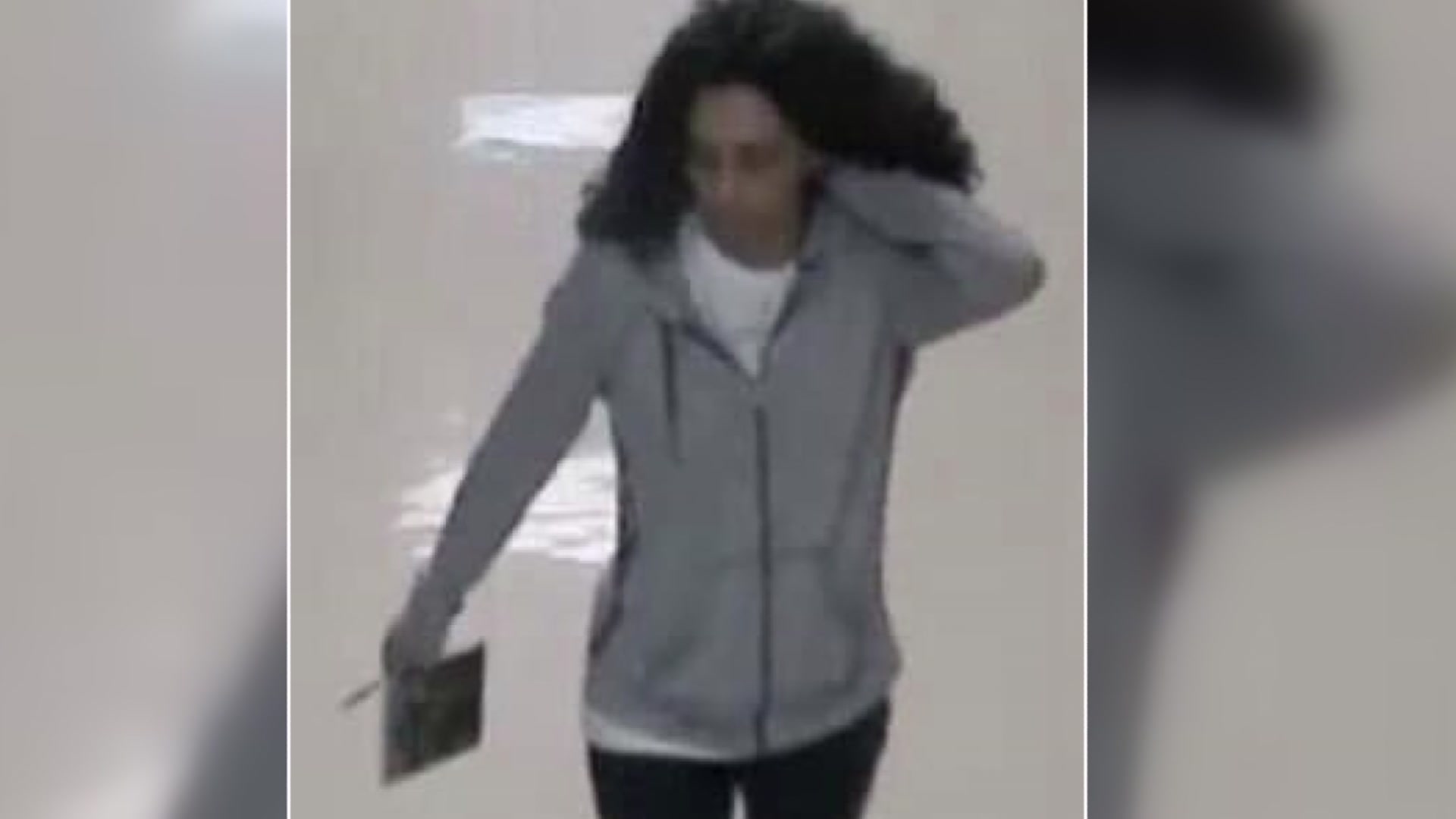Amir Locke, the 22-year-old shot and killed by Minneapolis police as they executed a no-knock warrant, had dreams of moving to Dallas.
His mother, Karen Wells, said Amir planned to move to the area this month to be closer to her and to pursue his dreams in the music industry.
He wanted to be a hip-hop artist like his father, Wells said.
Over the weekend people filled the streets of Minneapolis renewing the calls for justice and police accountability.
Get DFW local news, weather forecasts and entertainment stories to your inbox. Sign up for NBC DFW newsletters.
Minneapolis police shot and killed Locke last Wednesday after entering an apartment on a no-knock warrant that police now say Locke was not listed on.
Body cam video captured the deadly encounter.
In seconds, officers entered the apartment where Locke appears to be under a blanket.
Local
The latest news from around North Texas.
Police said a gun slid from underneath and officers opened fire.
His parents said Locke had no criminal record and had a license to conceal carry for protection as a food delivery driver in Minneapolis.
He was in a deep sleep when police burst through the door, his family said.
Amir Locke’s death is once again raising questions about the use of no-knock warrants.
Criminologist Alex del Carmen said the use of no-knock warrants began during the ‘war on drugs’ during the 1980s and about 1,500 were used annually.
By 2010, del Carmen said between 60-70,000 no-knock warrants were being executed across the country.
Since the high-profile death of Breonna Taylor, law enforcement agencies have been banning them or revising their policies regarding when they are used.
“[Some agencies] have created very strict perimeters where no-knock warrants are going to be used,” del Carmen said. “Only in critical cases where there may be a terrorist that has explosives that may pose a threat to everyone that may be imminent.”
We reached out to North Texas agencies for their policies.
Dallas police said they still allow the use of no-knock warrants as long as “verbiage is included inside the affidavit.”
Fort Worth police told NBC 5 they stopped the use of no-knock warrants in 2020.
Arlington PD said their policy prohibits no-knock warrants for drug or non-violent offenses and any use must receive approval from a deputy chief.
Plano police said as a general rule they do not use them, but policy still allows it in cases where there is no option and must be signed off on by the police chief.
Del Carmen said he is surprised to see them used in Minneapolis following the scrutiny the city has faced in the wake of George Floyd’s death.
“I just kind of scratch my head and wonder what was the chief and their command staff and politicians in that city thinking after a catastrophic event such as the death of Mr. Floyd that they would still have them in place,” del Carmen said. “It’s just puzzling to me.”
Locke family attorney, Ben Crump sent NBC 5 the following statement on Monday. "Like the case of Breonna Taylor, the tragic killing of Amir Locke shows a pattern of no-knock warrants having deadly consequences for Black Americans. This is yet another example of why we need to put an end to these kinds of search warrants so that one day, Black Americans will be able to sleep safely in their beds at night. We will continue pushing for answers in this case so that Amir’s grieving family can get the closure they deserve.”



